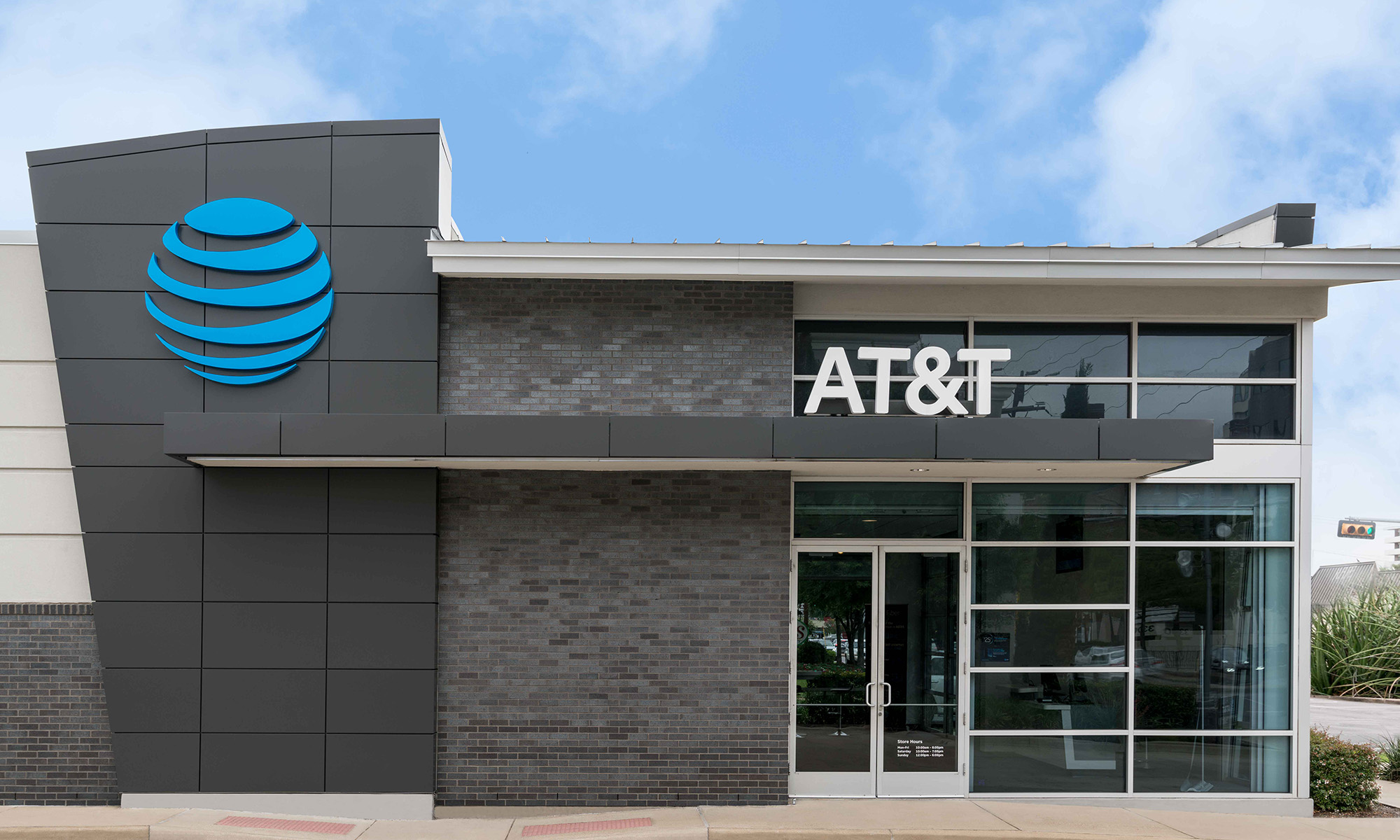Are you fed up with overpriced, underperforming Internet service? So is the Federal Communications Commission.
Inspired by a request from the city of Wilson, N.C., and utility EPB of Chattanooga, Tenn., the FCC has pledged to make it easier for municipalities to offer their own broadband services.
The agency hopes municipal broadband will lower prices for consumers by increasing competition in the telecom industry.
This probably sounds great to the 87% of Americans who use the Internet, but what does increased competition mean for companies such as AT&T (T +0.22%) and Comcast (CMCSA +1.15%)?
The stifled growth of municipal broadband
According to the Net Index by Ookla, the United States ranks 25th among nations in Internet download speeds, with an average of 29.54 megabits per second, or Mbps. How could this be?
Many believe America's lagging Internet is the result of limited competition between Internet service providers.
Because of the relatively poor performance of American ISPs, it should't come as a surprise that many municipal governments want to offer their own broadband services. But telecom companies have fought hard to prevent this from happening.
With the encouragement of telecom lobbyists, the state of North Carolina in 2011 ratified House Bill 129 which, among other things, prevents municipal governments from owning broadband services.
Three years before the bill was ratified, the city of Wilson created a service called Greenlight Community Broadband. Greenlight was grandfathered under the state law, but Bill 129 restricts it from expanding to other jurisdictions.
Greenlight is an all fiber-optic network operated by city employees. The municipality offers residents hundreds of television channels, and Internet services with speeds of up to 1 gigabits per second, or Gbps. Its services don't require a contract and cost less than comparable offerings from Comcast and AT&T.

Image from www.greenlightnc.com.
You might wonder why your city doesn't offer a similar service. It could be because your state has legal roadblocks in place that prevent municipalities from providing Internet services. But there is hope in sight.
Municipalities seek help from the FCC
Wilson and the EPB (which offers services similar to those of Greenlight) recently asked the FCC to remove all state laws that prevent city-owned companies from offering broadband services.

Currently, 19 states have have administrative hurdles and other obstacles that limit cities from offering broadband. Image from www.broadbandnow.com.
Federal Communications Commission Chairman Tom Wheeler, who has voiced his frustration with the lack of competition among Internet service providers, seems fond of the idea proposed by Wilson and Chattanooga.
During a Sept. 4 speech, Wheeler said "the FCC will do everything in its power to increase competition among ISPs even if it means creating competition in certain areas."
He also said: "I believe that it is in the best interests of consumers and competition that the FCC exercises its power to pre-empt state laws that ban or restrict competition from community broadband. Given the opportunity, we will do so."
AT&T fights back
For obvious reasons, AT&T isn't thrilled about municipal companies entering the broadband market. In comments to the FCC, AT&T claimed that municipalities aren't fit to offer broadband services, and that diminishing private sector investment would be "unwise."
AT&T also pointed out that as of 2013, 98% of Americans had access to Internet with download speeds of 6 Mbps or faster.
But AT&T's comments failed to address the root of the FCC's frustration: the lack of competition in the telecom industry.
It's true that 98% of Americans have access to Internet. But it's also true that only 25% of Americans have more than one choice when picking an ISP that offers "high speed Internet" as defined by the FCC (download speeds of 25 Mbps or higher). As Wheeler stated, "Just because Americans have access to next-generation broadband doesn't mean they have competitive choices."
The FCC has made it clear that something will be done to increase competition.
For companies such as AT&T and Comcast that enjoy monopoly pricing in many regions, municipal broadband is bad news. If a significant number of municipalities enter the market, this will squeeze their margins and hurt their profits.






